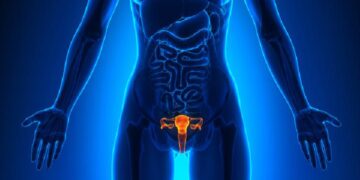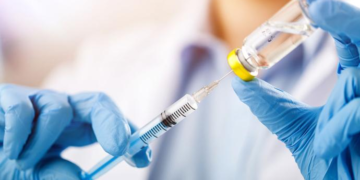Although the concept that women can be shaped by liposuction has been readily accepted by most women, along with the collection of women’s knowledge about liposuction and weight loss, coupled with their own subjective assumptions, they often have some doubts about liposuction and weight loss surgery.
Which age group is suitable for liposuction?
Liposuction is a physical method to suck off the excess fat cells around the belly button, and the growth of human cells is basically completed before the age of 18, after which fat cells generally no longer divide and grow. Therefore, the effect of liposuction for weight loss is very good for people after the age of 18. The most suitable age group for liposuction is: 18 to 55 years old.
Does liposuction affect the endocrine system?
Liposuction has been used for decades in the world. During this time, medical doctors have observed two groups of people who have undergone liposuction and those who have not for 20 years, and as a result, the incidence of hypertension, coronary heart disease and various cancers was 20-30 times lower in the former than in the latter. When it comes to endocrine, since liposuction weight loss sucks off part of the abdominal fat, it will have some slight effects on endocrine, but it will not be too powerful, and people do not have to worry about it. Some effects are still beneficial, such as some people who originally had constipation, and their stools flowed freely after the operation. Experts affirm that proper liposuction for weight loss can not only improve a person’s shape, but also bring health and improve the quality of one’s life.
Which is less likely to rebound when comparing liposuction with other non-surgical weight loss methods?
After the age of 18, the number of fat cells in a person is in a constant state, and the fat and thinness mainly depends on the size of the fat cell filling, and it can be said that under the same filling condition, the more the number of fat cells, the fatter the body is. By using surgery to lose weight – liposuction, most of the fat cells are physically removed, even if the remaining few fat cells are filled again, but the filling of two cells is always much thinner than the filling of 20 cells. The exception here is pathological obesity, which means that the patient’s fat cells will have abnormal division, but this phenomenon belongs to a very small number. In short, liposuction is not easy to rebound.
Will my belly flaccid after liposuction?
After liposuction for fat people, it should be said that the skin of the abdomen will have some looseness, especially for some very fat people (some foreigners’ bellies can hang down to their legs), so generally you can add abdominoplasty to cut off the extra skin. However, if the person is not very fat (most Chinese people fall into this category), 90% of people will recover well after liposuction because it extracts both deep and superficial fat, so that the fat under the abdominal wall is extracted more evenly. The recovery of the abdominal wall is even better if it is properly pressurized with elastic skin during the procedure.
Can liposuction be performed on a patient with high blood pressure who feels threatened by obesity?
Since the anesthetic used for liposuction contains epinephrine, and epinephrine can increase blood pressure, patients with hypertension should first treat their hypertension. The first step is to take medication for hypertension, then have a physical examination, and if the blood pressure is normal after 3 months of stopping the medication, then liposuction can be performed. It should be noted that liposuction can prevent hypertension and coronary heart disease, so don’t wait until you have hypertension and coronary heart disease before you want to do liposuction.
What parts of the body are suitable for liposuction?
Generally speaking, any part of the body that is obese can have liposuction for weight loss, such as the face, arms, back, upper and lower abdomen, legs, hips, waist, etc. However, modern medicine believes that there are some areas that are not suitable for liposuction, such as around the eyelids, the front side of the calf, and the sacral tail. In addition, the area where liposuction is to be done must not be infected.





































